Retro Replay Review
Gameplay
Glass Rose takes you on a suspenseful journey through the lens of classic adventure gameplay. You assume the role of Takashi Kagetani, a reporter whose investigative instincts drive you to explore every corner of the eerie Yoshinodou mansion. Navigation is handled via straightforward point-and-click controls, allowing you to interact with objects, examine clues, and converse with other inhabitants. The intuitive interface makes it easy to piece together fragments of the mystery without getting bogged down by cumbersome mechanics.
(HEY YOU!! We hope you enjoy! We try not to run ads. So basically, this is a very expensive hobby running this site. Please consider joining us for updates, forums, and more. Network w/ us to make some cash or friends while retro gaming, and you can win some free retro games for posting. Okay, carry on 👍)
Puzzles are at the heart of the experience, ranging from simple inventory-based challenges to more complex riddles that require careful note-taking and logical deduction. At times you’ll find yourself backtracking to earlier rooms, cross-referencing the grandfather’s notebook or Emi’s memories to unlock hidden compartments or decode cryptic messages. This back-and-forth exploration effectively builds tension, as each new discovery brings you one step closer to the truth behind the Cinema Mansion Serial Murder.
The game also introduces a unique time-travel twist. As Takashi and Emi step into the past, your choices and the order in which you uncover key evidence can subtly shift the narrative flow. While you don’t have an explicit timer counting down the three days you spend in the mansion, the looming deadline is always present in the story, pushing you to prioritize certain leads. This design strikes a careful balance between leisurely exploration and purposeful urgency, keeping the gameplay engaging throughout.
Graphics
Graphically, Glass Rose delivers a moody, atmospheric presentation that perfectly complements its mystery-driven narrative. The mansion’s corridors are rendered with meticulous attention to period details—faded wallpaper patterns, antique furniture, and flickering lamps that cast long shadows. These visual elements work in tandem to instill a sense of unease, as if the house itself is watching your every move.
Character models are equally noteworthy. Although the polygon counts reflect the era in which the game was released, the facial animations and expressive close-ups during conversations elevate the emotional stakes. Emi’s anxious eyes, the stoic gaze of the mansion’s other guests, and Takashi’s determined expression all convey subtle nuances without relying heavily on voice acting. This choice strengthens the immersion, as you read each character’s intent from their posture and animated gestures.
Lighting and color palettes play a pivotal role in distinguishing past from present. When you cross the threshold into the 70-year-old timeline, the hues become slightly desaturated, and shadows deepen around corners. This visual cue not only reinforces the time-shift mechanic but also helps maintain a consistent mood throughout your investigation. Overall, the art direction remains one of Glass Rose’s most compelling assets, drawing players deeper into its haunted world.
Story
The heart of Glass Rose lies in its intricate narrative. You begin as Takashi Kagetani, a reporter drawn to unsolved serial murders after Emi Katagiri uncovers the case in her grandfather’s notebook. Their partnership quickly evolves from professional curiosity to personal urgency when they step into the mansion and find themselves transported back in time. Emi’s spirit becomes lost, and Takashi inhabits the role of Kazuya Nanase, the prodigal son of the first victim—a plot twist that immediately heightens the stakes.
Over three days, you delve into the Cinema Mansion’s chilling past, following the will of master Yoshinodou. Each family member must congregate before the reading of his final testament—but not all will live to see the end. As you comb through hidden letters, family albums, and ornate furniture concealing secret compartments, you unravel a tapestry of betrayal, jealousy, and long-buried secrets. The intertwining of supernatural elements with grounded detective work keeps the plot fresh and unpredictable.
What makes the story stand out is its layered character development. Emi is more than just a damsel in distress; her own family history intertwines with the Nanase lineage, giving her a stake in solving the case that goes beyond mere curiosity. Takashi’s journalistic integrity contrasts with Kazuya’s traumatic memories, creating an internal conflict that unfolds through dialogue choices and flashbacks. By the final hour, you’ll have pieced together not only a murderer’s identity but also the emotional truths that bind these characters across time.
Overall Experience
Glass Rose offers a richly atmospheric blend of mystery, time travel, and psychological drama. From the first eerie footsteps in the Yoshinodou mansion to the climactic revelations of the serial killer’s identity, the game maintains a steady build of tension. Its deliberate pacing rewards patient exploration, while the time-shift mechanic adds enough novelty to keep seasoned adventure-game fans invested.
Although the controls and graphics bear the marks of their era, the game’s storytelling ambition shines through. Every puzzle solved and every secret uncovered deepens your understanding of the mansion’s tragic history. The interplay between past and present—orchestrated through changes in lighting and character behavior—awakens a sense of wonder and unease in equal measure.
For players who appreciate narrative-driven adventures with a supernatural twist, Glass Rose remains a compelling choice. Its emphasis on mood, character, and unraveling a complex web of family secrets makes it more than a straightforward whodunit. Whether you’re in it for the puzzles, the chilling atmosphere, or the emotional payoff, Glass Rose delivers an experience that lingers long after the credits roll.
 Retro Replay Retro Replay gaming reviews, news, emulation, geek stuff and more!
Retro Replay Retro Replay gaming reviews, news, emulation, geek stuff and more!
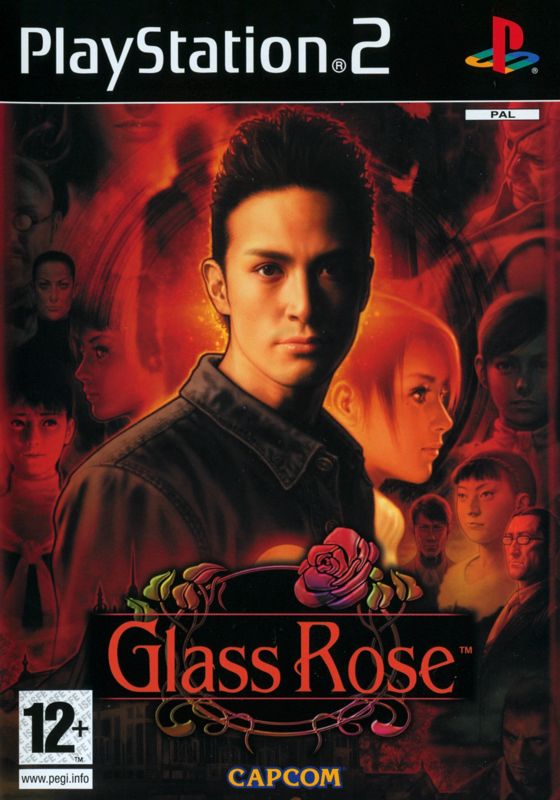

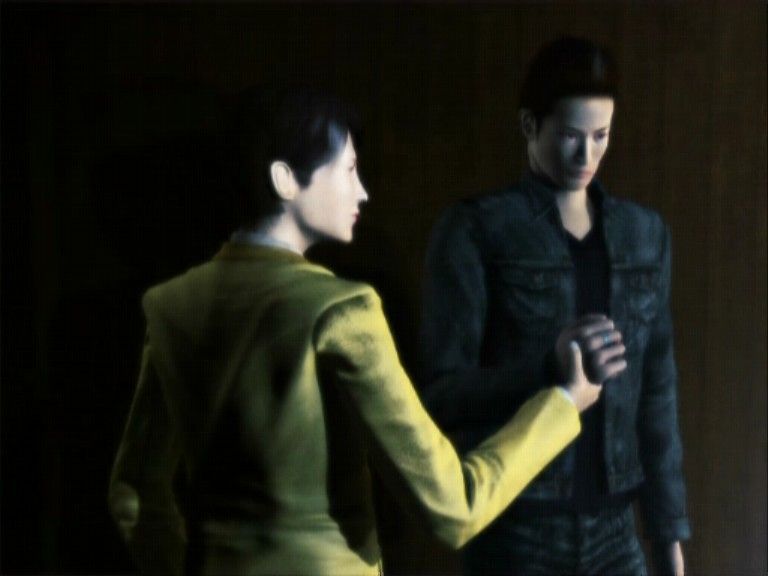
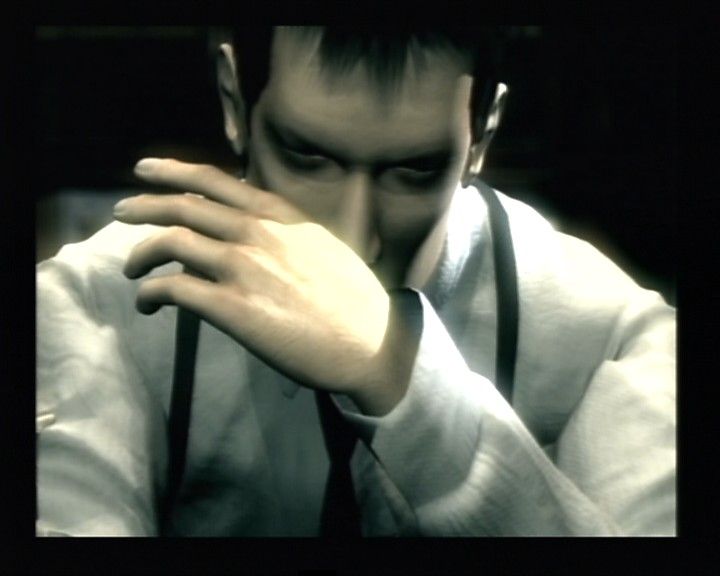
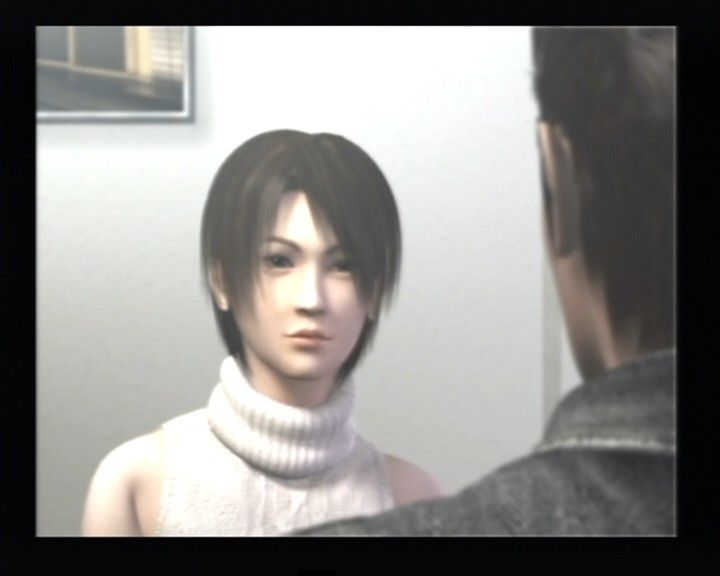
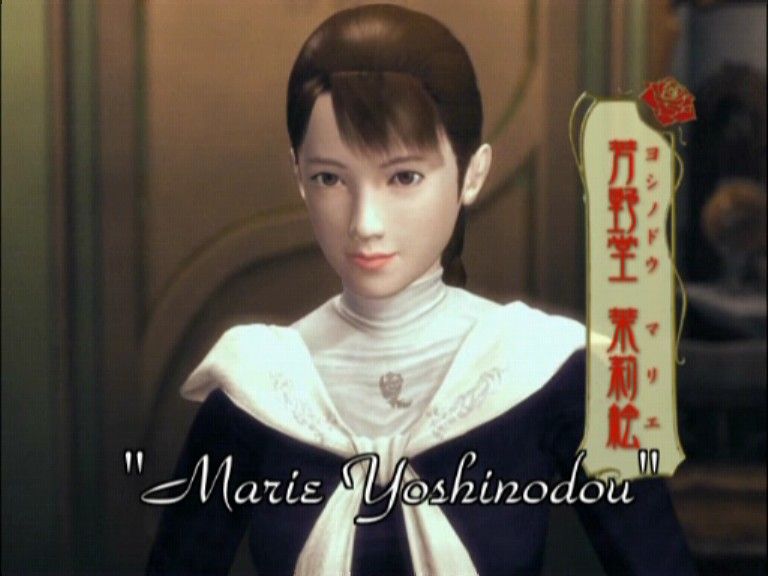



Reviews
There are no reviews yet.